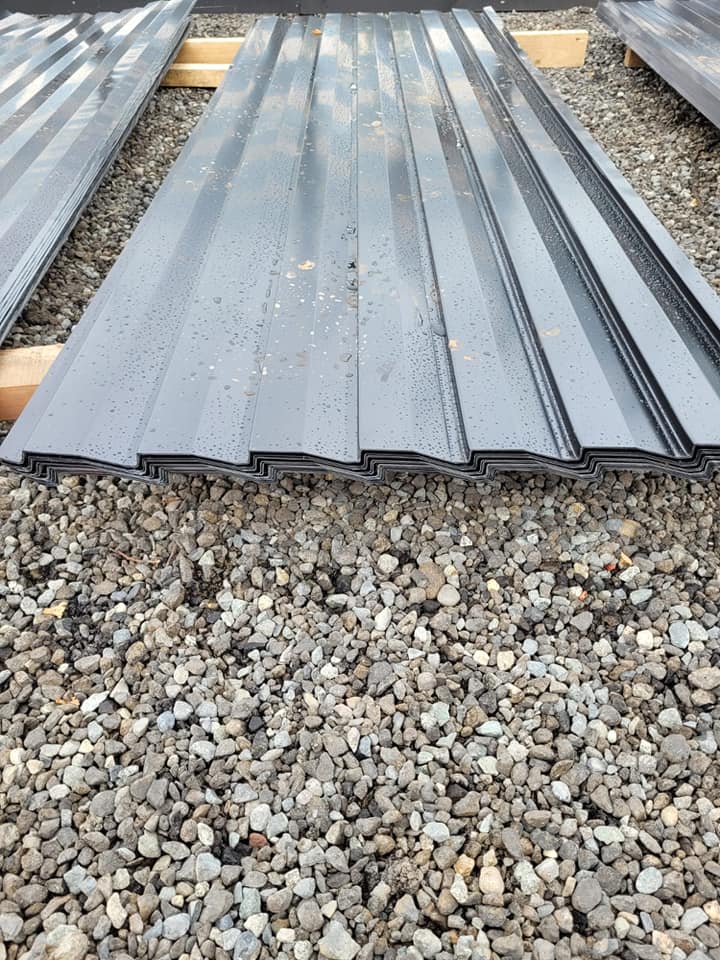batten roll forming machine
Understanding the Batten Roll Forming Machine Revolutionizing Construction and Manufacturing
In the realm of modern construction and manufacturing, the need for efficient, durable, and economically viable materials has led to the evolution of advanced machinery. One such innovation is the batten roll forming machine, a sophisticated piece of equipment designed to produce batten profiles, which are essential in various construction applications. This article delves into the workings, advantages, applications, and future prospects of batten roll forming machines, shedding light on their importance in contemporary manufacturing.
What is a Batten Roll Forming Machine?
A batten roll forming machine is a specialized device that shapes metal sheets or coils into specific profiles used primarily for roofing and siding applications. The machine employs a series of rollers to gradually form the metal into the desired shape, ensuring that the resulting product has consistent dimensions and a high-quality finish. Typically made from steel or aluminum, battens serve not only as structural components but also as aesthetic features that enhance the overall appeal of buildings.
How Does a Batten Roll Forming Machine Work?
The operational process of a batten roll forming machine involves several key steps. Initially, the raw metal sheet or coil is fed into the machine. As the metal passes through the rollers, it undergoes a series of bending and shaping operations. The precision of the rollers ensures that each batten is formed with exact specifications. After passing through all stages, the completed batten is cut to the desired length for easy handling and installation.
Moreover, these machines are often equipped with computer numerical control (CNC) technology, allowing for customization and automated production. This level of automation reduces labor costs and human error, enhancing the overall efficiency of the manufacturing process.
Advantages of Using a Batten Roll Forming Machine
1. Efficiency Batten roll forming machines can produce large quantities of battens in a relatively short time. Their continuous operation minimizes downtime, making them ideal for high-volume production environments.
2. Consistency and Quality The automated process ensures that each batten produced meets strict quality standards. The uniformity in production leads to better fitting and reduces waste during construction.
batten roll forming machine

3. Cost-Effectiveness While the initial investment in a batten roll forming machine may be high, the long-term savings achieved through reduced labor costs, minimized waste, and efficient production justify the expense.
4. Customization Advanced batten roll forming machines allow for various profiles and sizes to be created, catering to specific project requirements. This flexibility is crucial in meeting the diverse demands of today's construction industry.
5. Durability The materials produced are typically robust and capable of withstanding harsh weather conditions, making battens a reliable choice for roofing and siding applications.
Applications of Batten Roll Forming Machines
Batten profiles are integral to various construction environments. They are widely used in residential, commercial, and industrial buildings for roofing, cladding, and decorative elements. Additionally, they are employed in the manufacturing of agricultural buildings, warehouses, and automotive components. The versatility of battens means they can be adapted for numerous applications, enhancing their value in construction projects.
Future Prospects
As technology continues to evolve, the future of batten roll forming machines looks promising. Innovations in automation, materials, and manufacturing techniques are expected to further enhance efficiency and product quality. With an increasing emphasis on sustainable building practices, these machines may incorporate eco-friendly materials or processes, thus aligning with global trends in sustainability.
Furthermore, as the construction industry increasingly embraces digital transformation, the integration of smart technologies, such as IoT and AI, could revolutionize how batten roll forming machines operate. Predictive maintenance, real-time monitoring, and enhanced data analytics may contribute to more efficient operations and better product outcomes.
Conclusion
In conclusion, batten roll forming machines play a pivotal role in modern manufacturing and construction. Their ability to produce high-quality, consistent battens efficiently makes them indispensable in various applications. As technology advances, the potential for further improvements in these machines promises to reshape the landscape of the construction industry, paving the way for innovative building solutions that meet the demands of the future.
-
Roof Panel Machines: Buying Guide, Types, and PricingNewsJul.04, 2025
-
Purlin Machines: Types, Features, and Pricing GuideNewsJul.04, 2025
-
Metal Embossing Machines: Types, Applications, and Buying GuideNewsJul.04, 2025
-
Gutter Machines: Features, Types, and Cost BreakdownNewsJul.04, 2025
-
Cut to Length Line: Overview, Equipment, and Buying GuideNewsJul.04, 2025
-
Auto Stacker: Features, Applications, and Cost BreakdownNewsJul.04, 2025
-
Top Drywall Profile Machine Models for SaleNewsJun.05, 2025








